Compiled by Cynthia Menzel, Ed Sibby and Frank Wells

“The first five years are the hardest but well worth it,” says Jennifer Tweedy, Caruthers Unified Teachers Association, who teaches agriculture at Caruthers High School. If you’re a new or newish teacher, or new to the district, you probably know or have a sense of how challenging the early years can be.
But Tweedy and several other experienced educators are here to give you a few of their hard-earned tips to make your journey a bit smoother. If you’ve got a few pearls of wisdom that we could add to this (online), let us know at editor@cta.org.
Manage your classroom
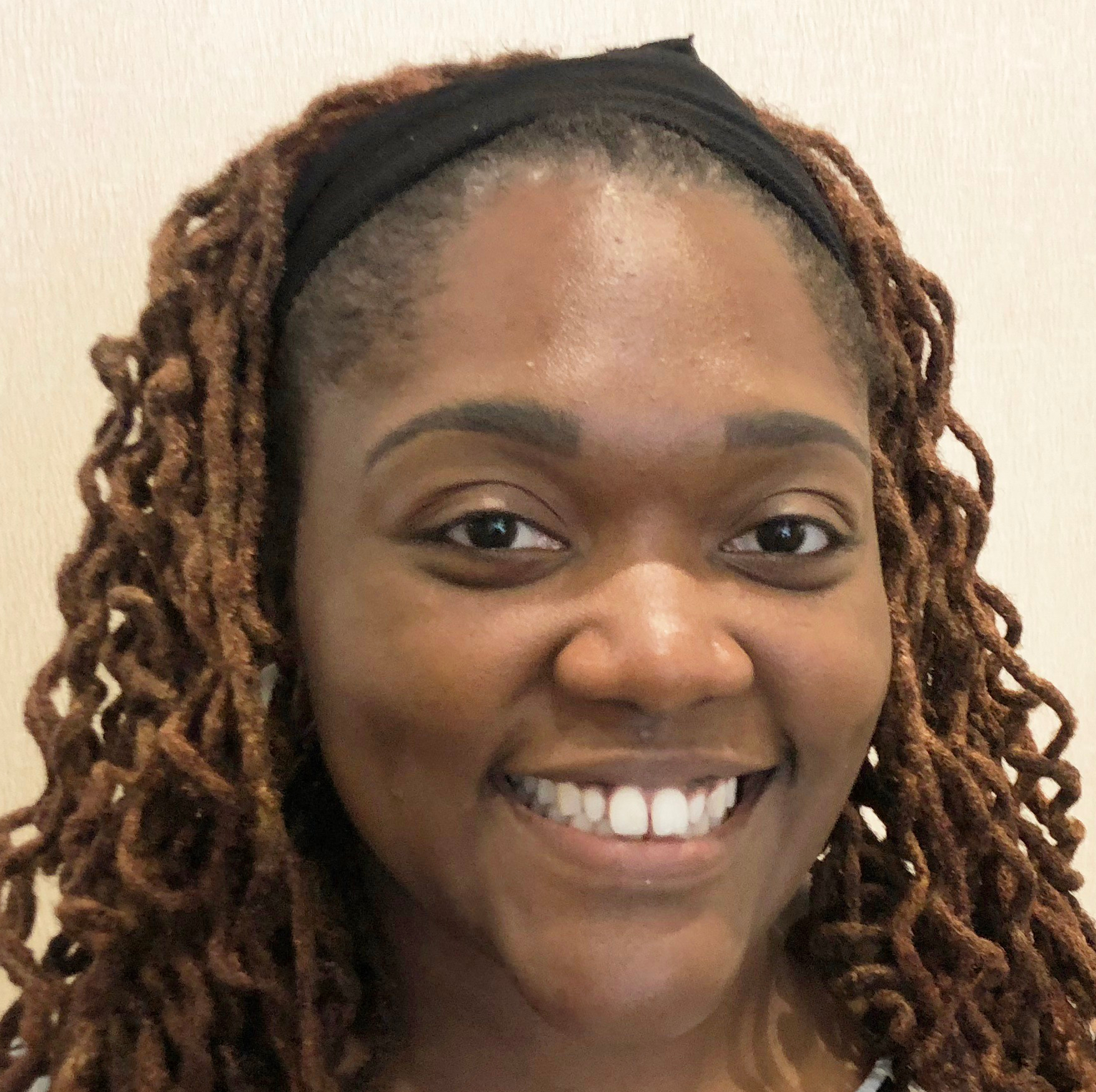
Charquita Arnold
Charquita Arnold, Mare Island Technology Academy Education Association, middle/high school drama, social studies, language arts: “Think about the culture of the students you are teaching — it has implications on what behaviors occur and how to properly respond. Let’s say a student blurts out or is loud. It’s not necessarily the right response to get angry. Approach every behavior calmly and try to have an ABC method — Antecedent-Behavior-Consequence — where you analyze what happened before the behavior took place and what happens as a consequence because of that.
“Think about the most logical range of steps to take with a student, such as different warning methods, documenting what they did, and having them look at the documentation. Have many conversations with them. Contact a parent before writing a referral. This gives the student the sense that ‘You’re trying to work with me.’ Good resources are Intervention Central for RTI (Response to Intervention) and Positive Behavioral Interventions and Supports (PBIS).”
Alexis Weiner, Burbank Teachers Association; ninth-grade language arts: “Don’t beat yourself up if things aren’t going as smoothly as you imagined. Classroom management is developed over time and with experience. Reach out for help. Veteran teachers have seen it all, and generally are more than willing to offer suggestions and guidance. Remember, though, that one person’s style doesn’t always work for another. Find what is true for you.”
Theresa Wetherhold, Solana Beach Teachers Association, speech-language pathologist: “Be adaptable and able to quickly shift gears throughout the school day. My job requires me to individualize my therapy resources as well as my approach with students of varying ages. Getting into the mindset of students by taking their unique perspective guides me in motivating them to do their best.”
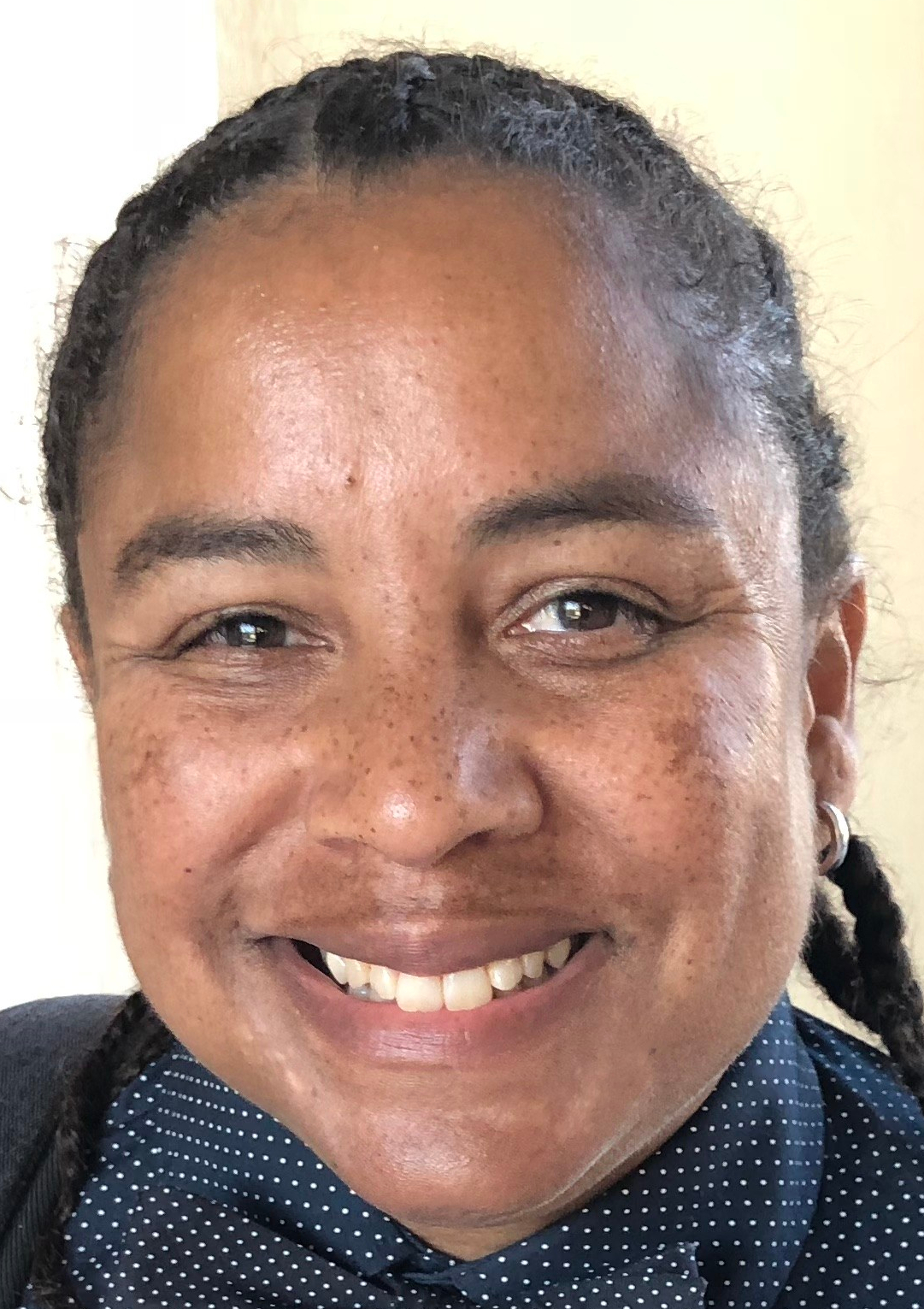
Angela Normand
Angela Normand, Brentwood Teachers Association, special education: “I have a special day class with 15 different students on 15 different levels. Every one of them needs something different. It’s important that I take a day and map out, plan out, what it is that I want to accomplish, and then backwards-plan. Starting off with a goal, planning backwards from there, and then having everything organized helps me moving in a very fluid direction.”
Angie Pereira, Union Hill Teachers Association, transitional kindergarten: “Know what your essential goals and expectations are, [so you] can develop plans and strategies to move forward. My rule is that I can only change one thing at a time, whether it be challenging students or programmatic elements. Involving families is critical when children are struggling. Reach out to colleagues and for administrative support.
“I am also a huge follower of Love and Logic, and Positive Discipline when it comes to classroom management.”

Anthony Villarreal
Anthony Villarreal, Monterey Peninsula College Teachers Association, sociology: “Get to know your students as human beings on a first-name basis. That rapport will get you through difficulties you might find as a classroom teacher. Before you even think about your content and all the things you have to cover, think about getting to know your students in a way that will allow them to open up to your goals as an educator. We teach students, we don’t teach discipline.”
Melissa West, Fruitvale Teachers Association, transitional kindergarten: “I have found that focusing on the positive as much as possible has brought about the best behaviors in my students. Your most challenging students need to hear the positive even more than those students who are well-behaved — this will benefit you and the rest of your class the most.”

Sergio Nolasco
Sergio Nolasco, Keppel Union Teachers Association, eighth grade: “Have a plan, do as much lesson planning as you can, but don’t be afraid to deviate from those plans, because things hardly ever go as planned. Be flexible.”
Keep on top of curriculum
Alexis Weiner: “I’ve joined several email listservs to bring ideas directly to my inbox; Education World and NCTE (National Council of Teachers of English) send me emails frequently with links to a variety of ideas and resources. Find a professional association for your areas of specialization. Twitter is a great resource for education-related materials. Look online for top education hashtags and great minds in education to follow.”
Melissa West: “Study and read about what is new for your grade level/subject. I attend conferences that are grade-level specific, like the Southern California K Conference in Pasadena. I always come away with so many new and exciting ideas. I research new curricula at least once a week on Teachers Pay Teachers for anything I can supplement my district-provided curriculum with. Early Edge California has a wealth of information for me and my classroom.”
Angela Normand: “CTA’s Good Teaching Conference, bar none, is one of the best conferences you can go to for great new ideas and to make a lot of great contacts.”
Angie Pereira: “Go to workshops and participate in staff development opportunities whenever possible. Focus on growth and change at a sustainable level, understanding that your knowledge and experience will expand over time.
“As a teacher of young children, I have been a decades-long fan of early education programs dedicated to that age group, such as Math Their Way and a variety of language experience curricula. It is exciting to take these old-school components and combine them with what we now know about how children learn.”
Build a support network
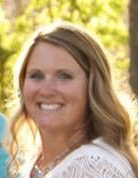
Jennifer Tweedy
Jennifer Tweedy, Caruthers Unified Teachers Association, agriculture: “Make sure you have relationships with colleagues so you have people to talk to that can relate to your situations. Also remember the office staff; if you take care of them, they take care of you.”
Melissa West: “[By] eating my lunch in the teachers’ lounge … I connect with other teachers. We communicate about things that are happening at the school, share what is happening with our families, and share ideas of what we might be doing in our classrooms that we are proud of or need help with. Your teacher colleagues are integral in helping you feel successful and not alone.
“I and two other teachers in my district who teach TK [meet] to plan on our own at least once a quarter. We call each other throughout the year and discuss what is working, what isn’t. We share ups and downs and offer each other support.”
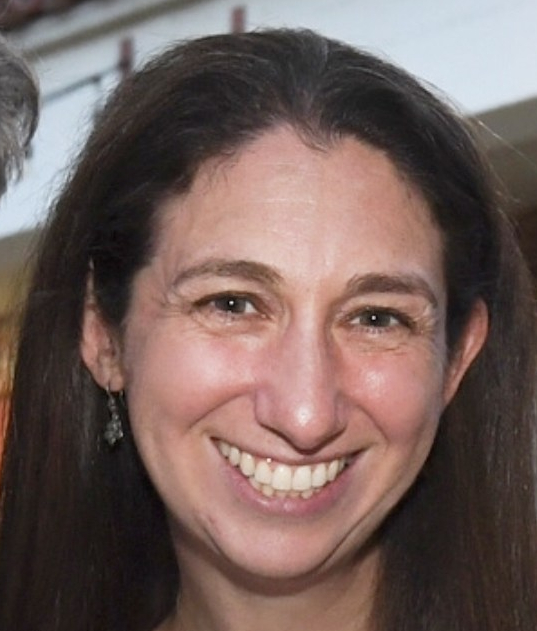
Alexis Weiner
Alexis Weiner: “Finding a strong support system is key: the teacher next door who can host a student who is trying your patience for a little while, your department chair/grade-level lead who can set you up with curricular materials, a mentor who can observe you impartially and provide concrete feedback, an association representative who can ensure that you are being treated fairly and with respect, an administrator who is the embodiment of a master teacher.
“Find someone (or a group) with whom you can eat lunch. Plan with other members of your grade-level or same-subject team. Socialize with other new or newish colleagues at your site, whether it be a TGIF or a game night. Go to site social committee or local association social events — even if you don’t know anyone. Sign up for district or association professional development. You’ll meet people who teach similar grades or subjects, and you’ll walk away with new ideas to grow your practice.”
Theresa Wetherhold: “We can be the best at our jobs, but if we don’t work well with others, we will be much less successful. Be friendly, respectful, humble, approachable and positive. Reach out to seasoned teachers who have ‘been there, done that,’ and can help give you some perspective.”
Live a well-rounded life

Ricky Hu
Ricky Hu, Los Altos Teachers Association, eighth-grade science, STEM coach: “Set aside time to exercise every week. Scientifically, exercise is the best way to metabolize stress hormones. You’re going to get stressed out. A lot of people think, ‘I’m just going to go home and sit on the couch.’ But the best way is to get up and be active. It’s going to make your mindset better. There’s a Nike app with great 20-or-30-minute or hourlong workout sessions that you can follow along on your phone, and you don’t need equipment to do it.”
Alexis Weiner: “Even the most experienced educator has times of feeling bogged down, behind the curve, or overwhelmed. If you can, use a mental health day. If you have a friend that is also in education, find time to call and unburden (and also listen!). Schedule time for exercise, meditation, art, a book club. Keep the sweet student notes to read again later. Reflect on what worked, what caused students to get excited, what made you smile through your day.”
Jennifer Tweedy: “The hardest thing is learning to find a perfect balance for work and personal life. Having two kids of my own who keep me very busy and my job which is also demanding, I pick and choose what I can do and do not sweat the little things. I can’t do it all.”
Theresa Wetherhold: “Take advantage of your time out of the classroom to do what you love. Bring these experiences back to your students to inspire them to carpe diem!”
Melissa West: “I try to not take things home to work on. I have found that if I don’t finish something at school, it can wait. In doing so, I’m able to disconnect and recharge with my family, which makes me a better teacher each day.”
Keep perspective — especially during challenges
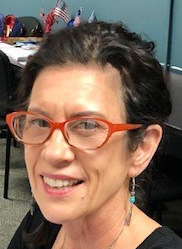
Angie Pereira
Angie Pereira: “I moved around a bit and was new to districts on a few occasions. Combined with the recession, this meant I was a RIF (reduction in force) layoff many, many times. The job uncertainty can make you feel powerless — no matter how hard you work, or how successful you are, the RIF can still occur. All I knew to do was what I always do: Do your best and feel good about that and try not to focus on the things out of your control.”
Melissa West: “A really tough group of parents weren’t happy with me. I am very much a pleaser, and it drove me crazy that I couldn’t seem to do anything right for them that year. It was so bad that I was physically ill and would break out in hives. You can’t control everything, but what you can control is what happens inside your classroom. It was a learning process for me that I can now look back on and know in my heart that what is most important are those children who enter my room each day. It is my responsibility to teach them in the best way I know how and with the materials and support I have from my colleagues and administration.”
Alexis Weiner: “This past year there were several deaths by suicide in our school community, on top of national and worldwide unrest and uncertainty. Balancing my obligation to the curriculum and my ninth-graders’ emotional needs stretched me and colleagues in ways we hadn’t before. The days after [the suicides] and after Parkland could not be business as usual. I had to be real with my students. I couldn’t make their pain and loss go away, but I could give them space to grieve and write and think and meditate and process. They used the time to do those things and more — they grew as humans, which is far more than I can give them from any textbook or lesson plan.”
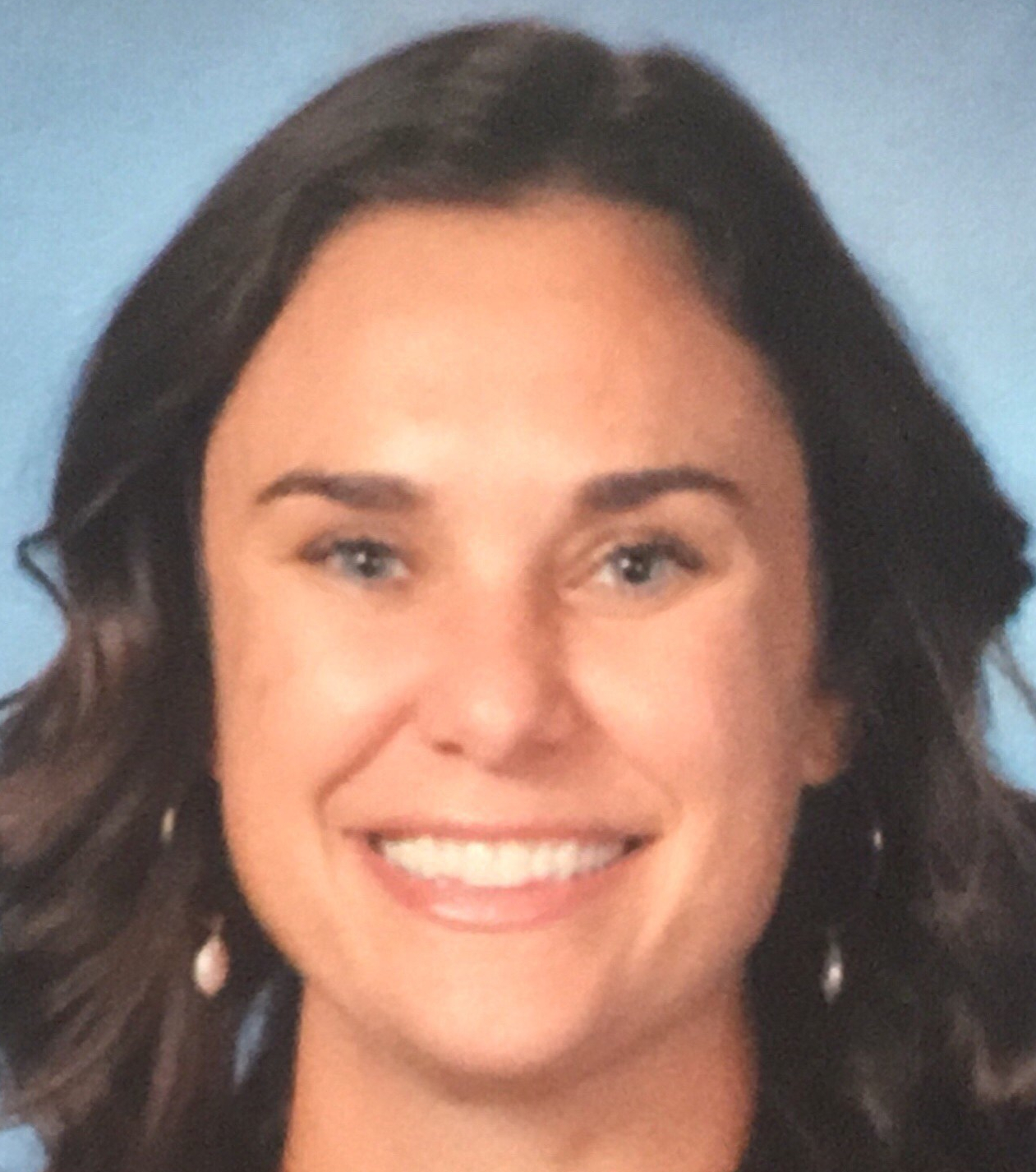
Theresa Wetherhold
Theresa Wetherhold: “Know that there will be moments of complete and utter chaos throughout the school year. Keep in mind that ‘this too shall pass.’ Each school year is a sprint, but your career is a marathon. Let go of the negative, hold on to the positive, and keep on keeping on.”
Remember what makes it worth it!
Jennifer Tweedy: “My students have won many awards in FFA competitions and showing livestock, which is very rewarding. But my real reward is when old students come back to tell me how I impacted their life. This is why I teach: to make a difference in other people’s lives.”
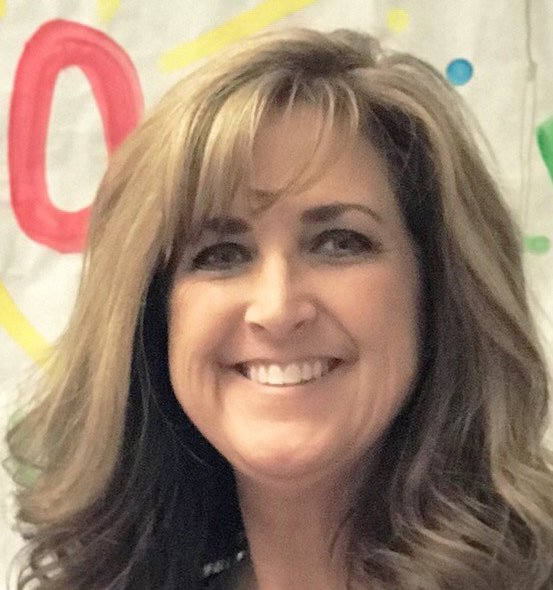
Melissa West
Melissa West: “There will be that one lesson that goes above and beyond your expectation, that one spark in a child’s eye that you’ll see, that makes you want to get up and do it all again, year after year.
“I recently ran into a past student who was in my very first kindergarten class 25 years ago. She told me that she became a teacher because I had inspired her. I was shocked and so humbled.”
Theresa Wetherhold: “The most rewarding thing I do is help students improve their ability to communicate. I pride myself on helping students gain confidence, improve their language skills and make connections to others, all through the power of communication.”
Pay attention to your union, your finances
Anthony Villarreal: “Meet your union leaders right away to understand what’s going on in terms of your contract, salary and benefits and your relationship to your administration.”

Jonathan Ausubel
Jonathan Ausubel, Chaffee College Faculty Association, English: “When starting out your career, financial planning is very important. Both CTA and the California State Teachers’ Retirement System have excellent resources to help you do that. Don’t wait to start. Start right away, because early money grows a lot more quickly than late money does.”
Navigation
Follow the links below to see the other parts of the 2018 “Back to School” feature section.
Back to School: How to Motivate Your Students
Back to School: A Great Ride
Back to School: On Trend in the Classroom
Back to School: Pro Tips
Back to School: Rules and Routines
The Discussion 0 comments Post a Comment